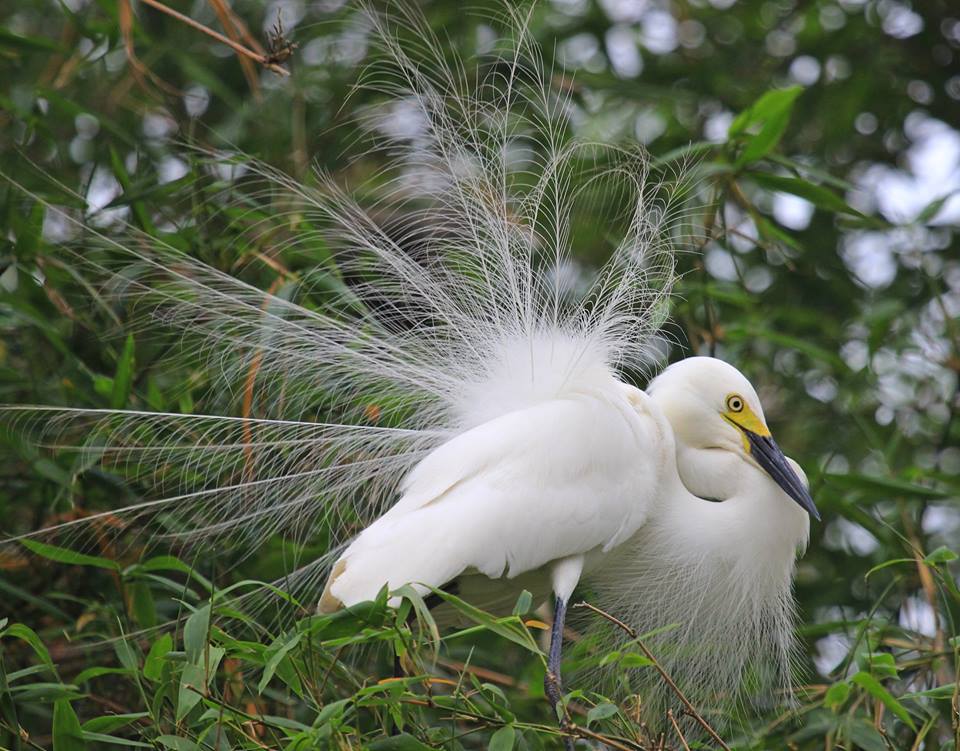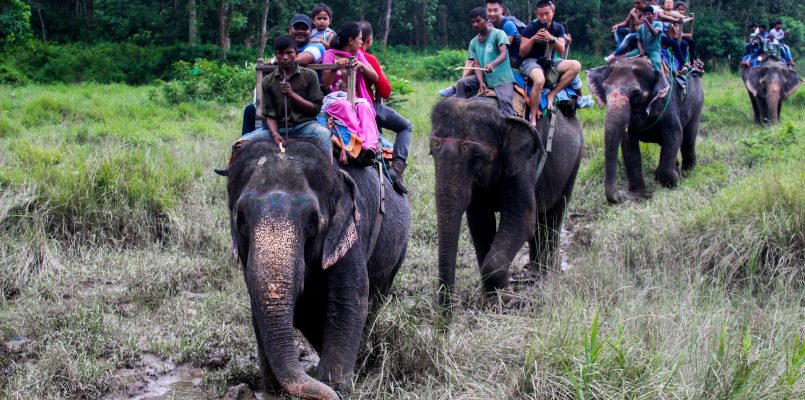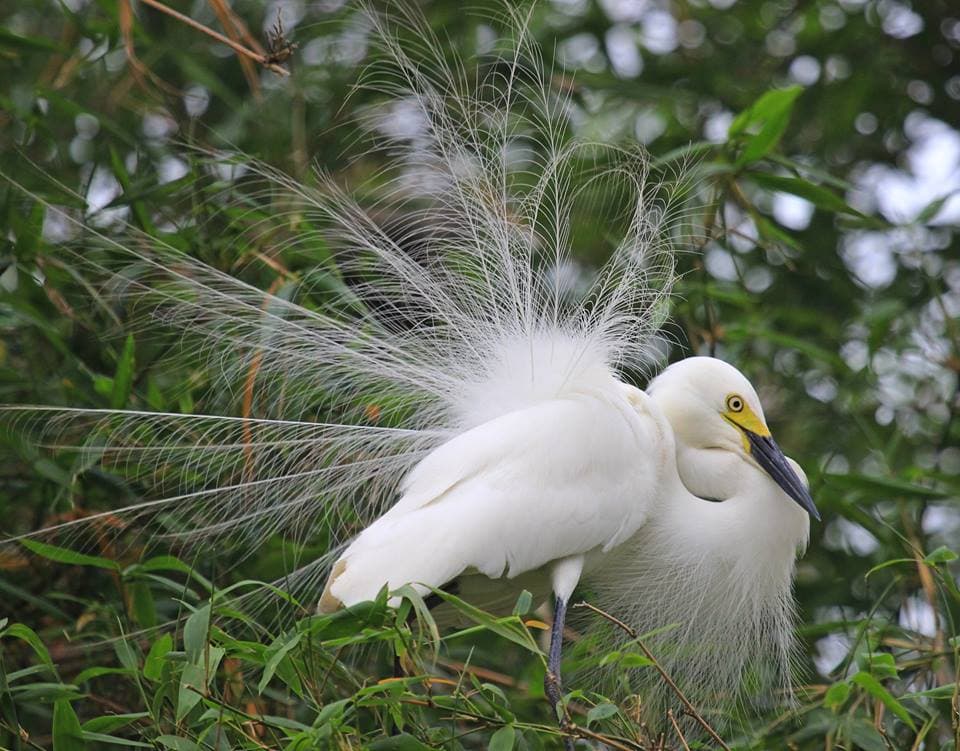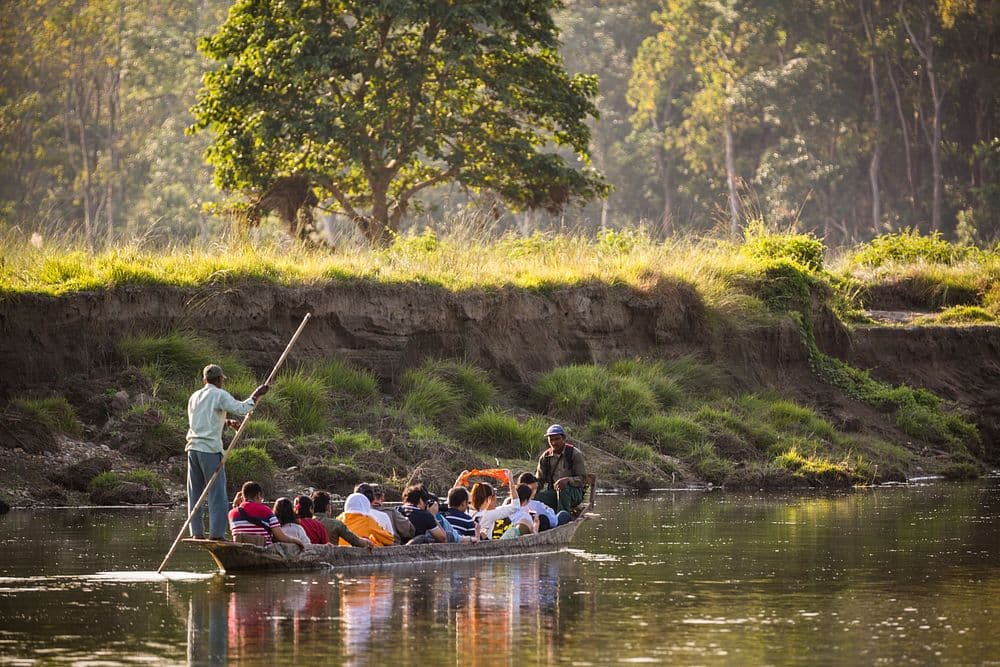
Chitwan
Where Wilderness Meets Culture in Nepal's Nature Haven - HolidayKosh
- Published on
- Authors
Chitwan Essentials
Weather: Mild, with distinct summer and winter seasons
Ideal Duration: 2-3 days
Best Time: October to March
Chitwan National Park Tourism
Nestled in the subtropical lowlands of southern Nepal, Chitwan National Park covers an expansive area of approximately 932 square kilometers. As a UNESCO World Heritage Site, this sanctuary symbolizes Nepal's dedication to preserving its rich biodiversity and ecosystems. The park serves as a refuge for an extraordinary array of species, including the majestic one-horned rhinoceros, Bengal tigers, leopards, elephants, sloth bears, and a diverse range of bird species. Its vibrant landscapes invite visitors to engage in immersive safari experiences, from jungle walks and jeep safaris to canoe trips along the Rapti River and elephant-back excursions, offering unforgettable wildlife encounters amid lush greenery.
Beyond its natural wonders, Chitwan National Park offers a unique opportunity for cultural immersion. The indigenous Tharu community, who have lived harmoniously with nature for centuries, warmly shares their traditions and way of life through cultural performances that highlight their music, dance, and art. The fusion of natural splendor and cultural heritage makes Chitwan a truly captivating destination, providing an unparalleled glimpse into Nepal's commitment to wildlife conservation and cultural preservation. Conveniently accessible by road from Kathmandu or Pokhara, Chitwan National Park remains a treasured destination, attracting global travelers with its enchanting blend of nature, conservation, and cultural richness.
Chitwan National Park Permit Fees:
- Foreigners: 2000 NPR
- Locals: 150 NPR
- SAARC Citizens (Indians): 1000 NPR
- Children Below the Age of 10: Free
Jeep Safari Fees:
- Shared Jeep Safari: 2500 NPR per person
- Full-Day Safari: 4000 NPR per person
Elephant Safari Fees:
- Foreigners: 2500 NPR per elephant (2 people)
- Locals: 200 NPR
- SAARC Citizens: 1000 NPR
Elephant Breeding Center (Timing: 6:00 AM to 6:00 PM)
- Foreigners: 100 NPR
- Locals: 25 NPR
- SAARC Citizens: 50 NPR
- Bathing an Elephant: 200 NPR
Canoe Ride Fees:
- Half-Day Canoe Ride: 1400 NPR
- Full-Day Canoe Ride: 1800 NPR
Entrance Gates to Chitwan National Park:
- Sauraha Gate: Located near Sauraha, this gate provides entry to the eastern section of the park and is one of the main entry points for visitors.
- Meghauli Gate: Situated near the village of Meghauli, this gate offers access to the western part of the park, ideal for visitors staying in nearby lodges or resorts.
- Kasara Gate: As the headquarters of the park, Kasara Gate grants entry to the central region and houses administrative offices and visitor facilities.
- Kalika Gate: Positioned in the eastern part of the park, Kalika Gate serves as another entry point for exploring this section of Chitwan.
- Lothar Gate: Found in the northern part of the park, Lothar Gate allows access to the northern areas and distinct wildlife habitats.
- Khoria Gate: Situated on the northeastern side, Khoria Gate offers access to areas near the convergence of the Narayani and Rapti rivers.
- Kumroj Gate: Positioned northeast of the park, Kumroj Gate provides entry to areas close to the Kumroj Community Forest.





